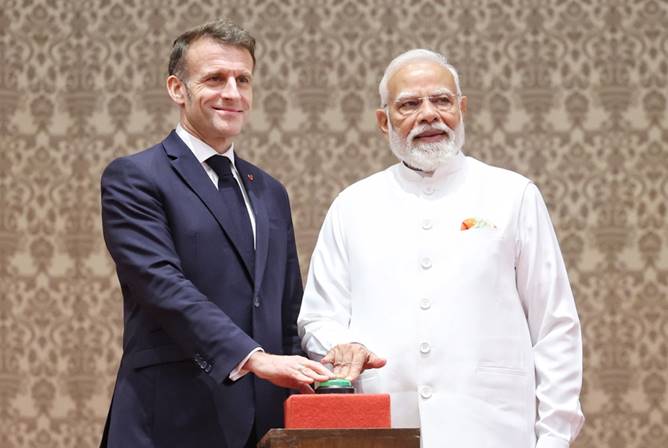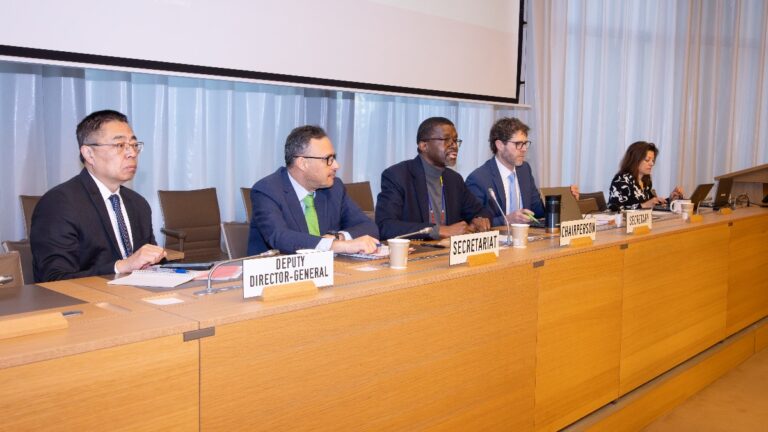
New Delhi: A Delhi court yesterday dismissed the bail plea of journalist Rajeev Sharma, who was arrested by Delhi Police Special Cell on charges of spying for China. The Court had earlier reserved its verdict on Sharma’s bail application.
While rejecting the bail plea of Sharma, Chief Metropolitan Magistrate Pawan Singh Rajawat, in his order, said that keeping in view the nature of material collected against the accused (Sharma) “which includes information/documents having threat to national security and foreign relations”, the likelihood of tampering with evidence or influencing the witnesses cannot be ruled out. “Furthermore, the involvement of foreign agencies at whose behest accused Rajeev Sharma was passing out the sensitive information is yet to be investigated and if released, he may indulge in thwarting the course of investigation,” the order stated.
Also read: Court reserves judgment on bail in journalist’s espionage case
The CMM in his order said: “I have perused the case file which includes not only the disclosure statement of the accused persons but also other material which were recovered at his instance coupled with the preliminary electronic evidence collected by the investigating agency points towards involvement of accused in commission of offence under section 3/4 and 5 of Officials Secrets Act, 1923.
“Hence, in view of the above discussion and material available on the case file, I am satisfied that if accused Rajeev Sharma is released on bail at this stage, he may attempt to hamper the investigation. Accordingly, bail application is rejected.”
The court further dismissed the plea of Sharma’s lawyers to allow him to make public the contents of the FIR. The court ruled: “Ld (Learned) counsel is seeking permission to publish the contents of the FIR in public domain on the ground that same is to be done to show to the public on what weak and unsubstantiated grounds he (Sharma) has been arrested.
“I am satisfied that the grounds on which ld counsel for accused is seeking permission to publish the contents of the FIR is probably aimed at starting media trial for scuttling the investigation and influence the public opinion on half facts as the case diary contains much more information which cannot be disclosed at this stage.”
The court observed that the present case was registered on the basis of secret input received from Indian Intelligence Agencies about links of Sharma with foreign intelligence officers and receiving funds from foreign handlers for conveying sensitive information having bearing on National Security and Foreign Relations. “The accused Rajeev Sharma was arrested on 14.09.2020 and was thereafter remanded to police custody. During investigation, one Chinese National Qing Shi @ Queen Shi and one Nepalese National Sher Singh @Sher Bahadur @ Raj Bohara were arrested,” it stated.
The court also overruled Sharma’s counsel’s plea that he was 61 and at higher risk of contracting COVID-19 infection on grounds that Sharma’s ailments were not such which by themselves would cause any danger to his life if he is denied bail. Moreover, the court referred to the guidelines issued by High Powered Committee and said the jail administration had made arrangements wherein the new entrants were kept in isolation wards as to prevent their intermingling with other inmates.
On Sharma’s counsel’s argument that the investigation was vitiated since the complainant and the Investigating Officer were the same, the court dismissed such claim as “unfounded” and ruled that the said Sub Inspector Pradeep Singh was not the informant in stricto senso as the information was received from intelligence agencies and he “merely got it recorded and started the investigation”. The court further said the investigation as of now was being handled by SI Bhagwan Singh.
The court in its order noted that Sharma’s counsel had sought his release also on grounds that the accused was an accredited journalist from Press Information Bureau who had worked with various news agencies of India and abroad. That he had worked with newspaper The Tribune and was also associated with Vivekananda International Foundation apart from Global Times which is a Chinese newspaper stated to be the mouthpiece of Chinese Government.
“An independent press is stated to be the fourth pillar of democracy. A journalist is an important brick in the said pillar of democracy. The foundation of democracy cannot be shaken if all pillars of the democracy including the press work towards stability and growth. However, if a journalist…decides to act with the intention to destabilise and negatively impact the sustainability and survival of democracy, that would be a darkest day in the Free Press movement,” said the court, while declining the bail plea.
Sharma was represented by senior advocate Adish Aggarwala and advocate Amish Aggarwala.
– globalbihari bureau





